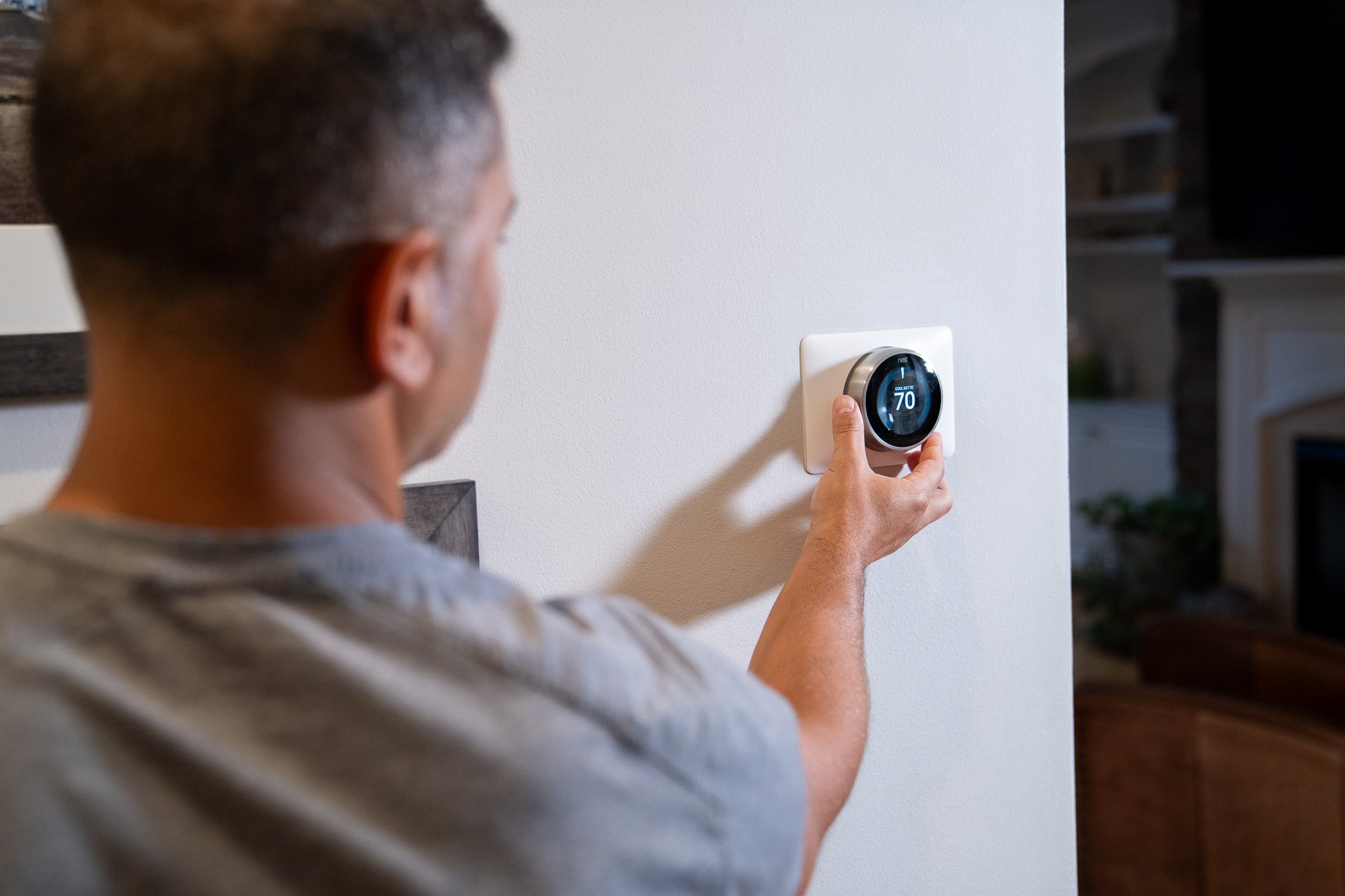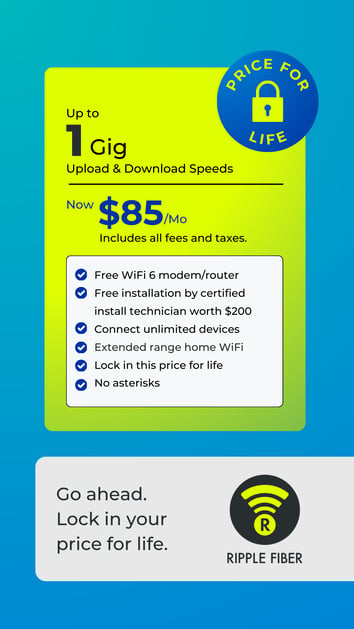While you stream, scroll on social media, use your smart home devices, and browse the internet, remember that your internet connection isn’t the only thing to be mindful of. This guide offers simple, effective tips to help you protect your Wi-Fi, devices, and online accounts for a safer connected home.
First, let’s lock down your Wi-Fi. Keeping your internet connection secure is the first wall of defense for everything else you connect to, and there are multiple ways to protect your home network.
- Create a strong Wi-Fi password. If you’ve had your network set up for a while now, it’s probably time to change the existing password to a new one.
- Make sure your firewall and Wi-Fi encryption options are enabled, which can be done by going to your router settings.
- Check your network periodically to verify any connected devices, disconnecting those that you don’t recognize.
Next, secure your smart home devices. This includes smart lights, speakers, cameras, and thermostats to name a few. While they are great additions to your home, they are often easy targets and only as smart as their security.
- Move your IoT devices to a separate guest network. You can also have any guests use this option instead of your main network, avoiding unnecessary exposure to your most sensitive data.
- Turn off unnecessary features like remote access. For most users, there is no need to access your router when you aren’t home.
- Regularly check for firmware updates on your devices. These are important to maintain, ensuring your device works properly, fixes bugs, and updates as needed.
Now, it’s time to update your passwords. Strengthening your online accounts will boost your security, protect your personal data, and help prevent unauthorized access.
- Always use unique, complex passwords, and avoid reusing the same passwords across multiple platforms.
- Turn on multi-factor authentication (MFA) or two-factor authentication (2FA). Adding a second layer of security, this can be done by going to privacy or security settings, depending on the platform.
- Use a password manager to stay organized and avoid forgetting key credentials. These can be found in your smartphone’s app store or as an extension on your computer’s browser.
Finally, stay vigilant during everyday use, even after taking each of these recommended steps. You can never be too careful when it comes to protecting your data.
- Beware of phishing emails, suspicious texts, and fake software prompts. If you’re unsure about clicking on a hyperlink or opening an attachment, don’t let your curiosity get the best of you.
- Avoid using public Wi-Fi for sensitive tasks unless you have a virtual private network (VPN). Do your research to find a trusted VPN service and simply download it to your device.
- Be mindful of what you post online. Sharing details like your current location, daily routine, vacation plans, or even your workplace can put your privacy and security at risk.
Whether you’re settling into a new home or just rebooting your routine, these simple tips can help keep your online life secure. You can learn more ways to enhance your digital safety by reading checklists provided by sources like the Federal Trade Commission (FTC).
For assistance with connecting devices, running speed tests, troubleshooting your Wi-Fi, and more, visit Ripple Fiber’s support hub for instructions and tips for your fiber internet service and equipment. Still have questions? Don’t hesitate to call us at 800-359-5767.


